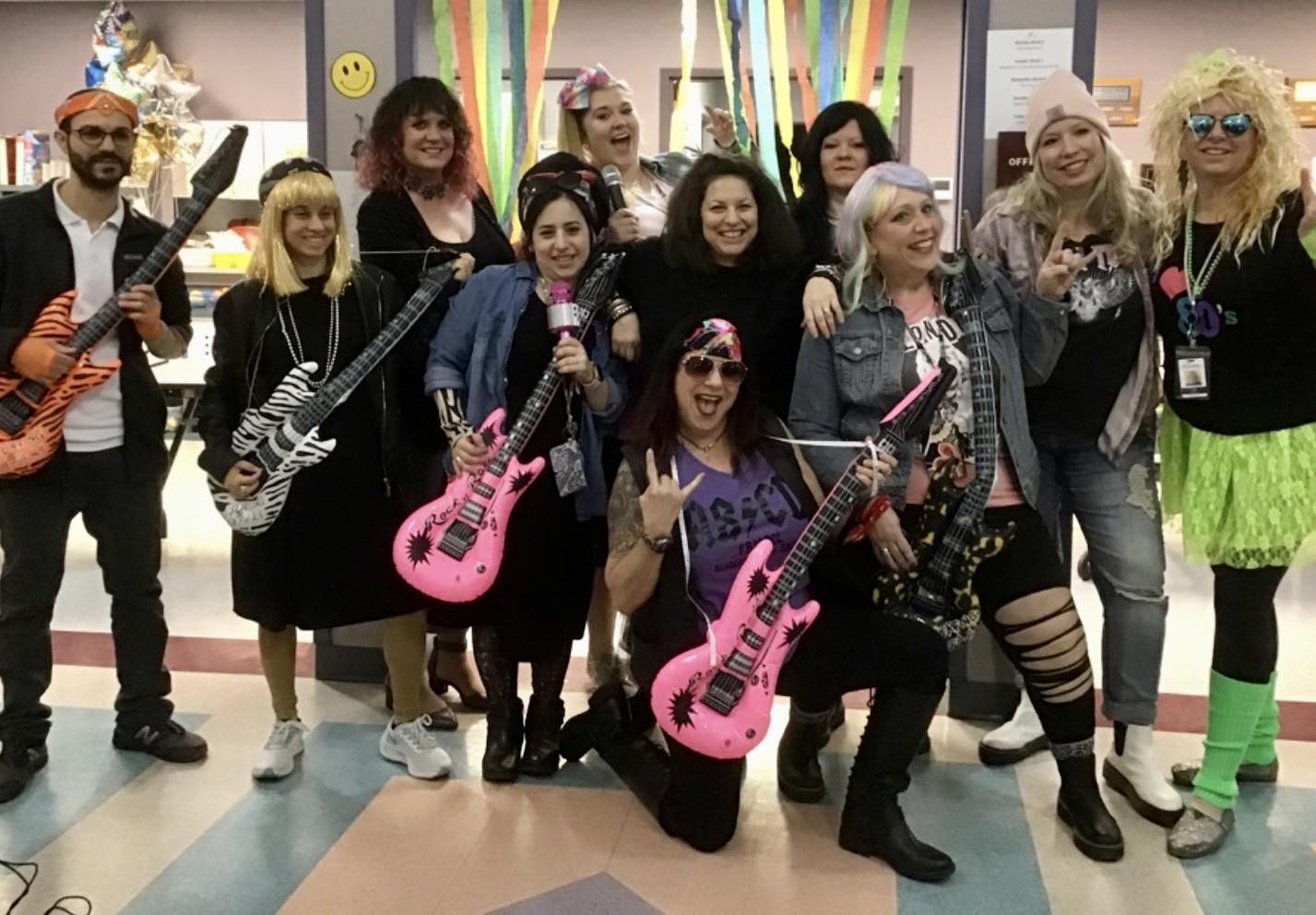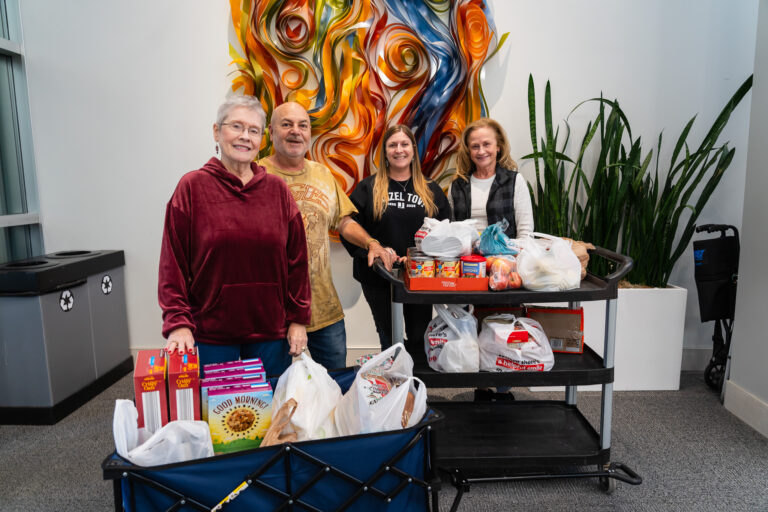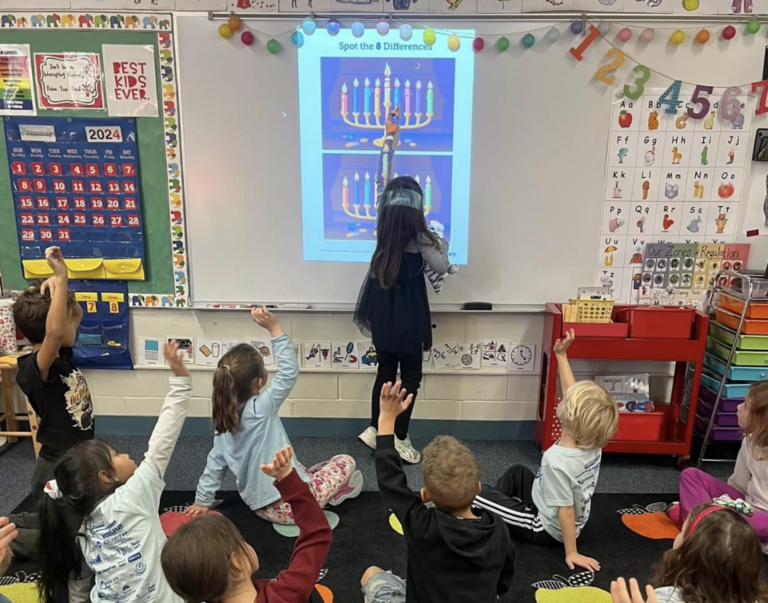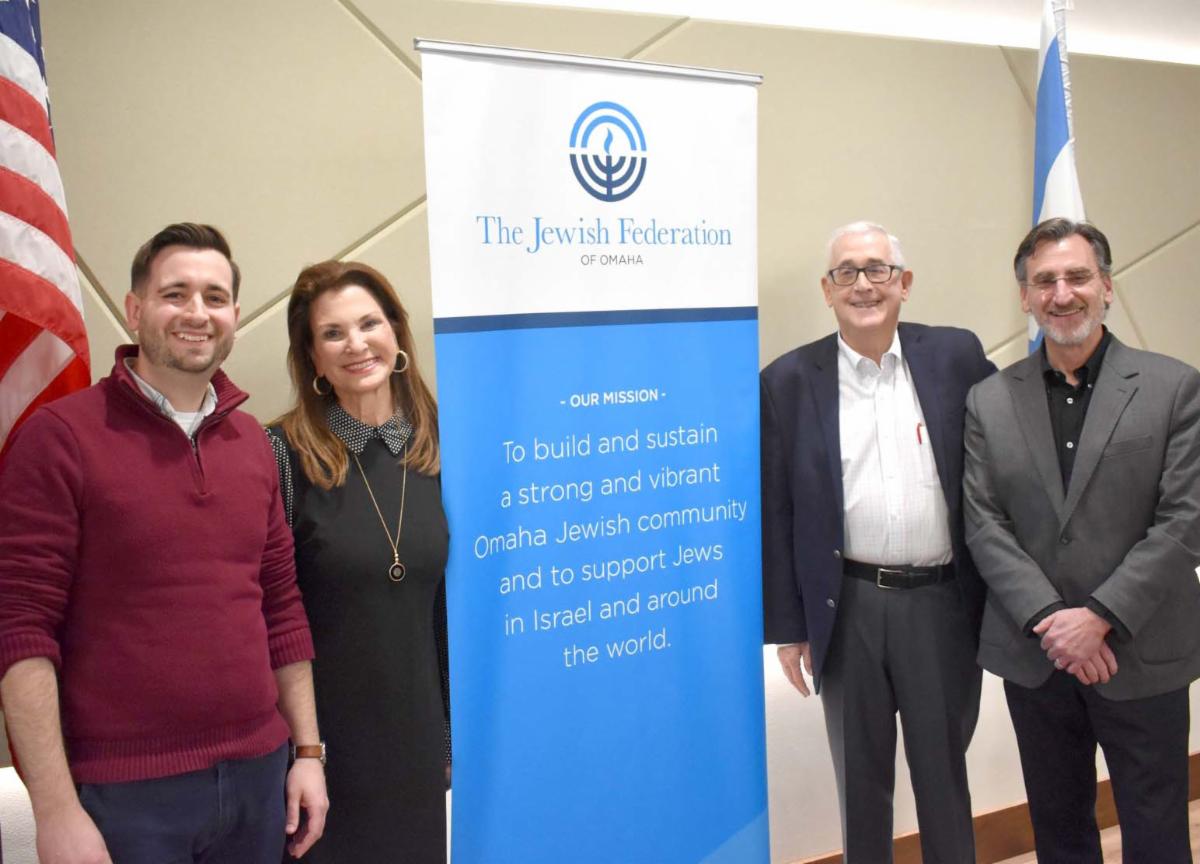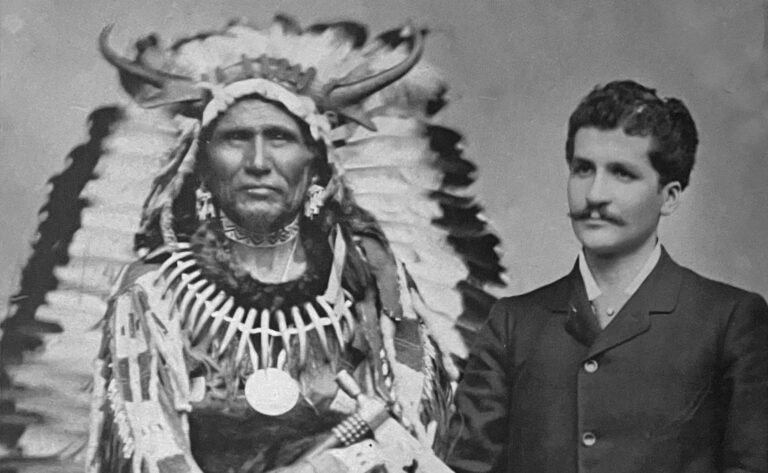
Update from Mike Siegel
Chag Sameach! Purim starts this Sunday evening, commemorating the story of Queen Esther. She tells King Achashverosh of Haman’s deceit and saves the Jewish people from near destruction. We celebrate by dressing in costumes, attending carnivals, eating hamantaschen and giving shalech mones or mishloach manot. These are gifts of food or drink that are sent to family, friends and others on Purim. It is meant to ensure that everyone has enough food for the Purim feast held later in the day, and to increase love and friendship among Jews and their neighbors.
Jews were among the first to participate in “spring cleaning.” To prepare for Pesach, families thoroughly clean their homes, disposing of all their chametz (risen grain). It is customary to shop for food that is Kosher for Passover (KFP). Whether you make your own matza balls or rely on the boxed mix, KFP products are difficult to locate in Omaha. Many of our community members have expressed frustration regarding the lack of availability of Passover products.
This concern was brought up at our Rabbis and Presidents meeting and we discussed and researched strategies to address the issue. This is one of the traits I love about living in Omaha – working together as a community.
I am pleased to announce that three local grocers will carry a wide variety of Kosher for Passover products this year. HyVee on 132nd & Dodge, Bakers on 120th & Center and Family Fare on 144th & Center have all made plans to carry KFP items this year.
The Rabbis and Presidents group worked with community members to give these stores a comprehensive list of products to have available for Passover. This list includes dairy products, grocery items, beverages, Seder items, and even a limited supply of pre-packaged kosher meats. Each location will have signs throughout the store guiding you to the Kosher for Passover products. I would like to thank Linda Saltzman, Helene Schrago, Rabbi Abraham and Rabbi Dreyer for working with the grocery managers to distinguish between Kosher and Kosher for Passover. They guided them on items to purchase and the timing as it relates to Passover. This group has put in numerous hours to make this happen and they deserve our gratitude.
Another trait I love about this community is supporting causes that enhance Jewish living in Omaha. Whether it is your tradition to buy KFP products or not, I ask you to recognize that these grocers stepped up and agreed to support our Jewish community. If you are able, please support them by purchasing your KFP products locally. Take time to recognize them for going the extra mile.
Some KFP products are already in stock and you should see the full array of items by next week. I ask you to keep in mind that this is a work in progress. Supply chain issues are still occurring. Please be understanding if your favorite matzo meal or gefilte fish is not on the shelves. If these groceries determine this was a successful first run of the program, it will allow us to expand not only KFP offerings, but also enhance the everyday kosher selections.
Your Federation and your synagogue leaders heard the community’s concerns about KFP products and worked together to find a solution. Thanks to some of our dedicated community members and willing store managers, we were able to expand the KFP product selections. The proverbial ball is now in our court to make it successful. I am confident that you will step up and support these willing participants.
Shabbat Shalom and Chag Purim Sameach!
Mike Siegel
JFO President

